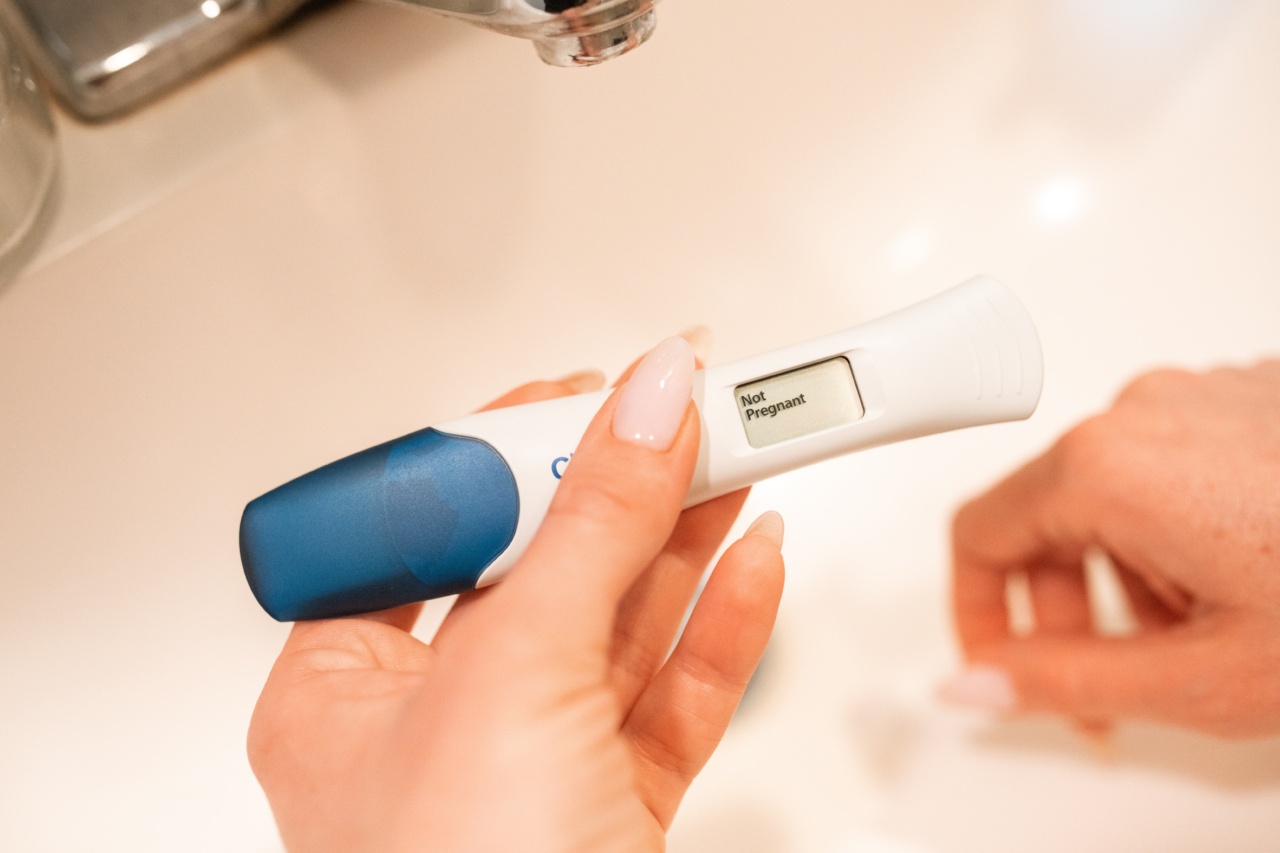High blood pressure, also known as hypertension, is not a condition that is just limited to adults. Nowadays, it affects children as well. A recent study conducted by the American Heart Association found that 1 in 25 kids now have high blood pressure.
Though high blood pressure in children is different from hypertension in adults, it still poses serious health risks. In most cases, children with high blood pressure do not show any symptoms. Hence, it is essential to be aware of the factors that contribute to high blood pressure in children.
: 1. Obesity
A high percentage of body fat, especially belly fat, is one of the leading causes of high blood pressure in children. According to studies, obese kids are more likely to have high blood pressure.
This is because their bodies require more blood to supply oxygen and nutrients to the tissues, which increases the pressure on the arterial walls.
: 2. Family History
High blood pressure in children can be inherited. If there is a family history of hypertension, children are more likely to develop it. Genetic factors can significantly contribute to high blood pressure in children.
: 3. Salt Consumption
Excessive salt consumption can lead to high blood pressure in children. Salt can increase the amount of sodium in the bloodstream, which results in an increase in blood pressure. Hence, monitoring the amount of salt intake is essential.
: 4. Lack of Physical Activity
Inactivity is a significant contributor to high blood pressure in children. A sedentary lifestyle can lead to obesity and other health issues and also increase the risk of high blood pressure.
Encouraging kids to engage in physical activity can help prevent high blood pressure.
: 5. Sleep Apnea
Sleep apnea is a common condition in kids that can lead to high blood pressure. It is characterized by breathing difficulty during sleep.
Sleep apnea can contribute to hypertension as it can lead to an increase in the levels of adrenaline and other stress hormones that can increase blood pressure.
: 6. Stress
Just like adults, children can also experience stress. Stress can lead to an increase in heart rate and blood pressure. Hence, monitoring children for stress and finding ways to manage it is essential.
: 7. Medications
Sometimes, high blood pressure can result from medications that children take to manage other conditions, such as ADHD. It is essential to monitor the side effects of medications and ensure that they do not contribute to high blood pressure.
: 8. Chronic Conditions
Chronic conditions such as kidney disease, heart disease, and diabetes can lead to high blood pressure in children. These conditions can impair the blood vessels’ ability to regulate pressure, leading to hypertension.
: 9. Smoking
Exposure to passive smoke and smoking can lead to high blood pressure in children. Children who are exposed to smoke have an increased risk of developing hypertension.
Parents must refrain from smoking if they want to prevent high blood pressure in their kids.
: 10. Race
Studies have found that certain races, such as African Americans, are more likely to develop high blood pressure compared to other races. Hence, race is also a contributing factor to high blood pressure in children.
Conclusion
High blood pressure in children is a growing concern. It can cause serious health issues if left unmanaged. Therefore, it is essential to monitor their blood pressure levels regularly and take steps to prevent hypertension.
By being aware of the factors that contribute to high blood pressure in children and taking preventative measures, parents can help their kids lead a healthier lifestyle.





























